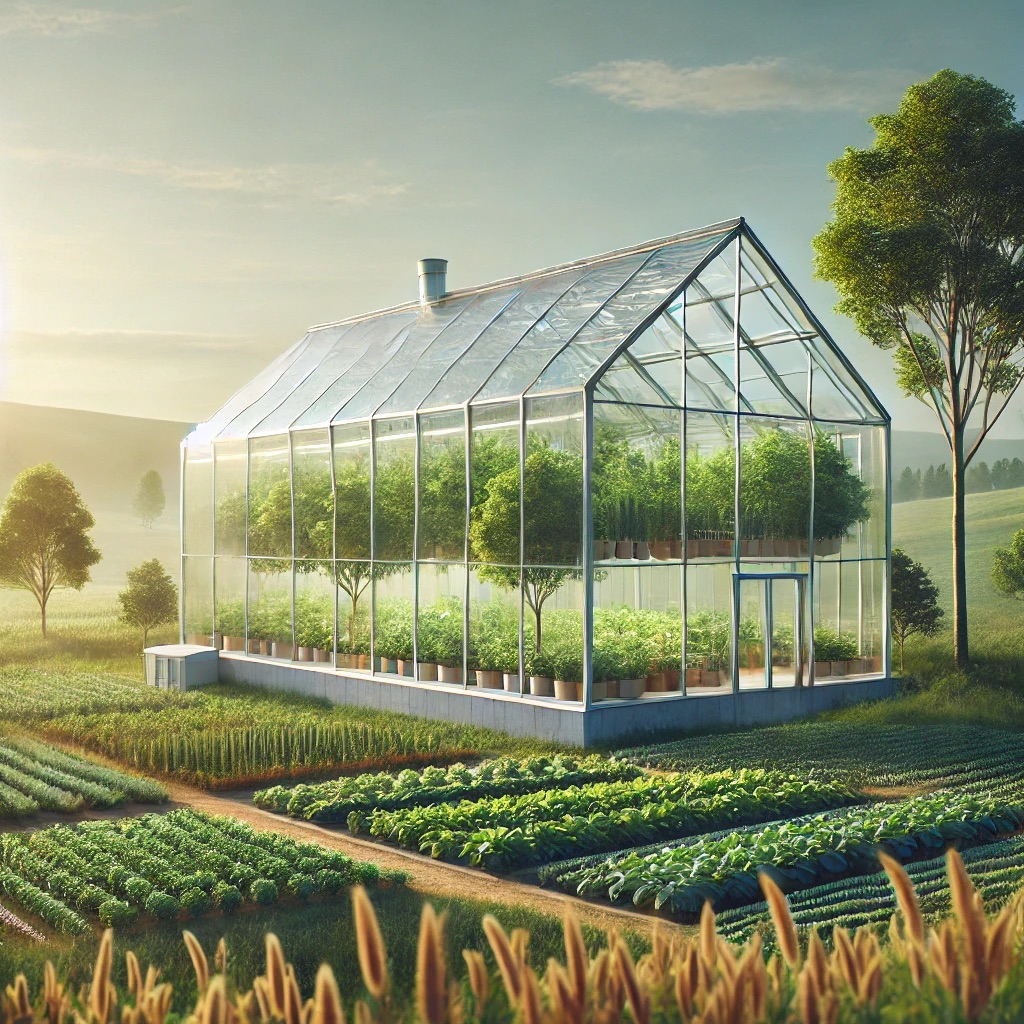Organic Farming Essentials
Organic farming is the practice of cultivating crops without synthetic fertilizers or pesticides, with definitions varying across countries. Generally, manure serves as a natural fertilizer, decomposing to release essential nutrients for crop growth. However, the limited availability of manure globally contributes to the relatively smaller scale of the organic market compared to conventional farming. In contrast, synthetic fertilizers and pesticides are readily accessible, influencing the dynamics of conventional agriculture.
Organic Standards Vary Globally
In many countries, the term “organic” implies minimal or no use of synthetic (human made) chemicals and a requirement for food to be grown in soil. Each country has an organization monitoring farms’ eligibility for the organic label.
Soilless Farming and Organic Status
Soilless farming, using water or other mediums with synthetic chemicals, is often not considered organic due to the lack of soil benefits. Despite this, some people perceive soilless products as higher quality.
Challenges in Organic Labeling
Differing standards, vague definitions, and occasional labeling scandals challenge the reliability of the organic label. The generally high prices of organic products don’t always guarantee a positive environmental impact.
Challenges in Organic Farming
So with organic farming, you produce crops while minimizing use of chemicals for 3 uses:
1- Nutrient source
2- Preventative spraying
3- Treatment methods
Unlike traditional farming where if a farmer noticed the spread of a disease, he might spray the whole greenhouse with a type of medicine and within a few hours, he would have killed the disease; in Organic methods, you don’t really use quick fixes. You rely heavily on being very attentive every day to all variable affecting the farm, so preventative methods is key; and in the case where a disease spreads, you rely on organic methods to solve the problem with precision spraying, which take more time to solve the disease.
Prevention is always easier than treatment, so farmers have to be very skilled to produce the highest yields.
These challenges are one of the reasons that traditional organic farming yield a bit less, than using conventional fertilizers, and this extra measure leads to higher prices for organic products.
Nutritional Content: Organic vs Non-organic
Whether a product is organic doesn’t necessarily impact its nutritional content. For instance, organic tomatoes may not have more sugar or vitamins than non-organic ones. Nutritional quality depends on various factors, and it is true that those who prioritize growing organic products often strive for excellence in other aspects affecting food quality. We commend organic growers for their commitment to producing high-quality food and contributing to sustainable agricultural practices.

